
So, you want to be the most amazing person ever. The good news is that, through the power of positive thinking, you can have anything* you want, as long as you know the secret.
What is the secret?
Well, it wouldn’t be much of a secret if I didn’t drag this unnecessarily hyperbolic exposition out for as long as humanly possible only to tell you something ludicrously obvious at the end, would it? In order for the secret to actually work, you’ll need to tolerate a lot of extraneous narrative that leads you to the very narrow conclusions I, the author, want you to “discover” for yourself. So, how am I going to do that? Easy. We start at the beginning…
The Problem
You’re stuck in a rut. You’re spinning your wheels. You can’t get a grip? You’re running out of gas? Running on empty? Any other car related metaphors I might have missed?
We eventually all get there. (Don’t worry teenagers, you’ll get you chance.) We hit a wall and feel like we’re going nowhere, especially during a pandemic with everything shut down. Now we’re working at home, dealing with the kids 24/7, finding it difficult to focus, missing deadlines, or just knocking off altogether. It’s especially difficult if, like me, you are old and don’t work.
As a (not) celebrated author, I’ve had my share of slumps. You would too over twenty years and a hundred books. Now that that industry is dead, I’ve moved on to… other engagements. I worked in IT for a number of years, my wife and I consulted for many years, I worked with a few firms in and around LA, and I sold my interesting skill set to anyone who would spare $25 an hour after the Great Recession.
Now, at 52, after five years of soul-crushing rideshare driving. now in the middle of a global pandemic, at the (hopefully) end of the reign of an American Idiot, at the top of a new year that’s starting off with a bang, after what was already the Year from Hell, I’m on… sabbatical.
And on that sabbatical, I’m trying to write. I have the perfect project that has the potential to go on for years, but I’m having trouble getting started. It all feels way too big and I can’t settle on an organization tool and there are too many new videos to catch up with on YouTube and whatever else bullshit excuse I can concoct to distract me from getting started. I’ve got the domain and the website and everything ready to go, I just need to write the content.
So, since I was too lazy to do that, I came up with a plan to fix it, and this is it.
Step 1: Personal Assessment
The first step in any self-improvement process is to assess yourself. Let’s take a quick little test. For every “YES” answer below give yourself one point. Let’s see how many points you have at the end and what that means?
- Give yourself a point if you are breathing.
- Give yourself a point if you have a pulse.
- Give yourself a point if you know or can determine the time and date.
- Give yourself a point if you can move one or more of your limbs.
- Give yourself a point if you can see, touch, or smell anything on or around you.
- Give yourself a point if you are reading this.
- Give yourself a point for every language you can use to communicate with others.
- Give yourself a point for taking this quiz.
So, what did your total come to? Check the chart to see your starting point:
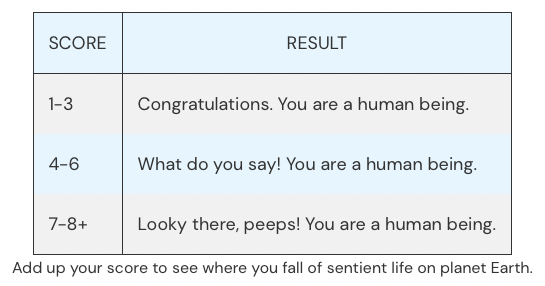
Now, things start to get exciting as we get a sense of who you are going to be as you advance through the program. Don’t get too excited, though, as this first result is merely a baseline; the starting line that will help you form the foundation of your exciting new life.
Step 2: Recognizing Your Talents
Now that you’ve established that you are, at the very least, a human being, you can move on to Step 2 where we’ll work on identifying the skills you already possess. These skills, once recognized, will be crucial elements on your path to discovering the secret, which you can then apply in your life to achieve unknowable results.**
Isn’t it thrilling to be unaware of what the future holds?
What skills, then, will you bring to the table? How will you participate in daily human life? How will you contribute? Select at least two skills from the following list of common traits that best apply to you:
- You can see/touch/smell/taste at least one thing on or around your body.
- You can move from one place to another within a frame of time.
- If you make an audible noise around other people, some of them may react.
- At various times during any given day, you consume food and/or fluids…
- …and your body takes in nutrients and ejects waste as needed.
- You are aware of your self and acknowledge it in this space and time.
You may be surprised to discover that all of these traits are all found in amazing people. You might also be surprised to find that you relate to all the listed traits. That’s normal and merely indicates that you are well on your way to mastering being an amazing person! Better yet, it indicates that you are well equipped for your journey
Chance favors the prepared mind.
- Louis Pasteur
Step 3: Finding Your Center
This will be the least concrete segment of the overall process. You can’t just point to it, your center. It doesn’t exist in physical space. It’s the one thing that makes you the happiest, whether you’re able to do it now or ever have before. It’s the fulfillment of who you believe you are in and of that moment.
Have no fears. This isn’t permanent.
Dreams can change, and yours likely will over your lifetime. Though some settle into their dreams rather easily and with little fuss, most of us have the wrestle around a bit to find a good fit. The good news is that this can happen at any age AND you’re already on your way towards becoming an amazing person, so…
- Look deep inside yourself.
- Find that one thing that makes you the most happy.
- Focus on it until it becomes clear.
- Do it.
That’s right…
Step 4: Do It
Yes. There’s nothing more. Just do it. Do the thing you love. Now, I grant that, during a pandemic, not everyone will be able to just do whatever it is they love. I get that. In those cases, do the first thing you love that won’t get someone else killed.
Once you’re satisfied that you’ve done that thing you love to the greatest extent possible, move on to the next dream. In fact, keep coming up with new dreams. There’s nothing and nobody stopping you. And, one fantastic feature is that you aren’t limited in any way on how you can make your dreams come true.
That’s right! YOU decide when and where your dreams come true. Funny that.
Just be mindful that, somewhere nearby, someone else is making their dreams come true. The last thing you’d want is some asshole barging in on your dream. Why do the same to someone else? And who knows, maybe your dream involves helping someone else with their dream. This would be an awesome opportunity to house two birds with one nest.
What qualifies as a dream? Anything, really. How many things make you happy? I can think of quite a few, but only one gives me ultimate joy; bringing joy to a reader through the written word. You could build a bookshelf. Write some letters to people who are important to you. Craft a new business plan. Fly a radio controller airplane. Sew masks for your family, neighbors, and friends. Feed hungry families. Sleep in a hammock. Hang your fresh laundry out to dry on a breezy Fall afternoon. Can some peaches. Gild a lily. Knit a sweater. Write a rock song. Battle some orcs. Tie ribbons on porcelain dolls. Hunt for old video game gear at local thrift shops. Paint religious scenes on match heads. Go fishing. Lobby for human rights. Arrange flowers. Re-pack the read-end on an old Ford truck. I don’t know. You’d know better than I.
Seriously. It’s not rocket science.
Step 5: What Happened To Becoming Amazing?
If, and I stress IF, you followed the steps precisely, you will have already transformed yourself into an amazing person. You’ll know when. If you haven’t done anything yet and skipped ahead, you’ll only find the disappointment of the reality that there is no simple solution to this problem.
It’s not someone else’s problem to fix. This is all on you.
Now, that doesn’t mean you can’t have help or support from anyone. Happiness isn’t a solo endeavor, it’s a team sport. Humans thrive best in social climes. So, yes, it’s on our shoulders to work on our problems, but we’re not alone. We can leverage any resources necessary (and legal) to achieve happiness. Hell, it’s even enshrined in the Constitution of The United States of America as a key human pursuit.
In the end, whoever you are most comfortable being is the most amazing you there is, and you should strive to be that you as much as possible. And the easiest way to do that, is to do you.
That’s all anyone should ever ask of you. Everything else is gravy.
Oh, and the secret is you.
* by “anything” I mean anything (i.e., factor, value, trait, etc…) you already have but don’t yet acknowledge in yourself.
** Unknowable results, by there very nature, are unknowable. Therefore, we cannot predict the outcomes of any efforts to find your amazing self. We do, however, know that, in the end, you’ll be an amazing person! You already ARE!!
 My father being arrested for protesting, something he was quite happy to do. He was staunchly anti-war and would always stand up for the little guy. Well, mostly always…
My father being arrested for protesting, something he was quite happy to do. He was staunchly anti-war and would always stand up for the little guy. Well, mostly always…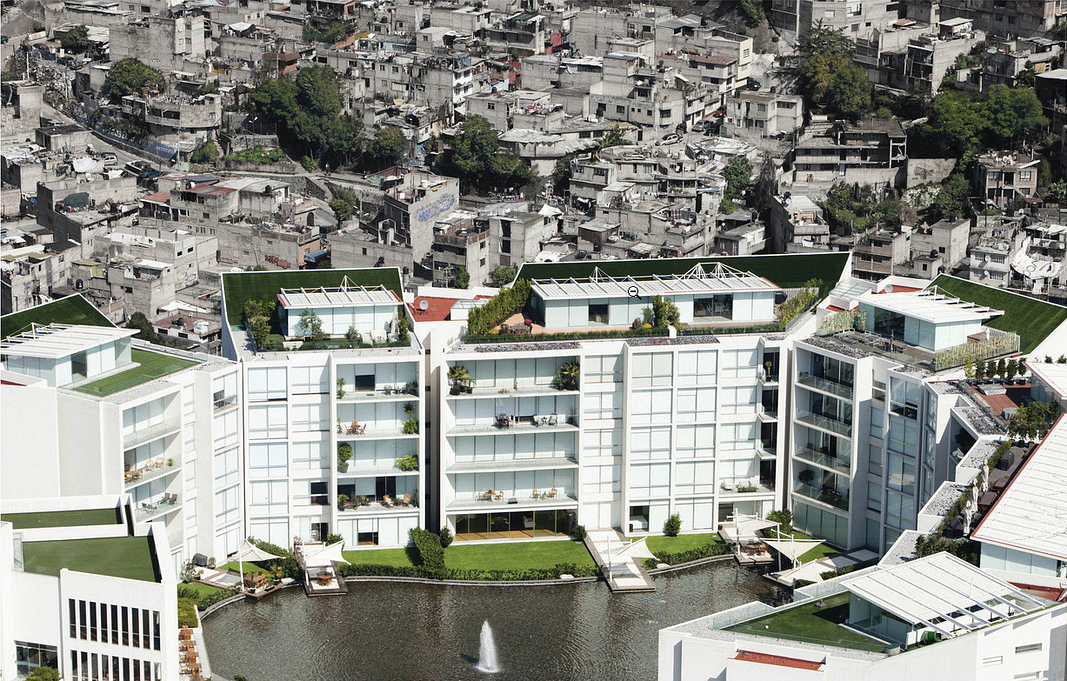 A neighborhood in Mexico City that shows a stark divide between the wealthy and powerful and those who cannot afford to live in a safe, clean place. [SOURCE:
A neighborhood in Mexico City that shows a stark divide between the wealthy and powerful and those who cannot afford to live in a safe, clean place. [SOURCE: 
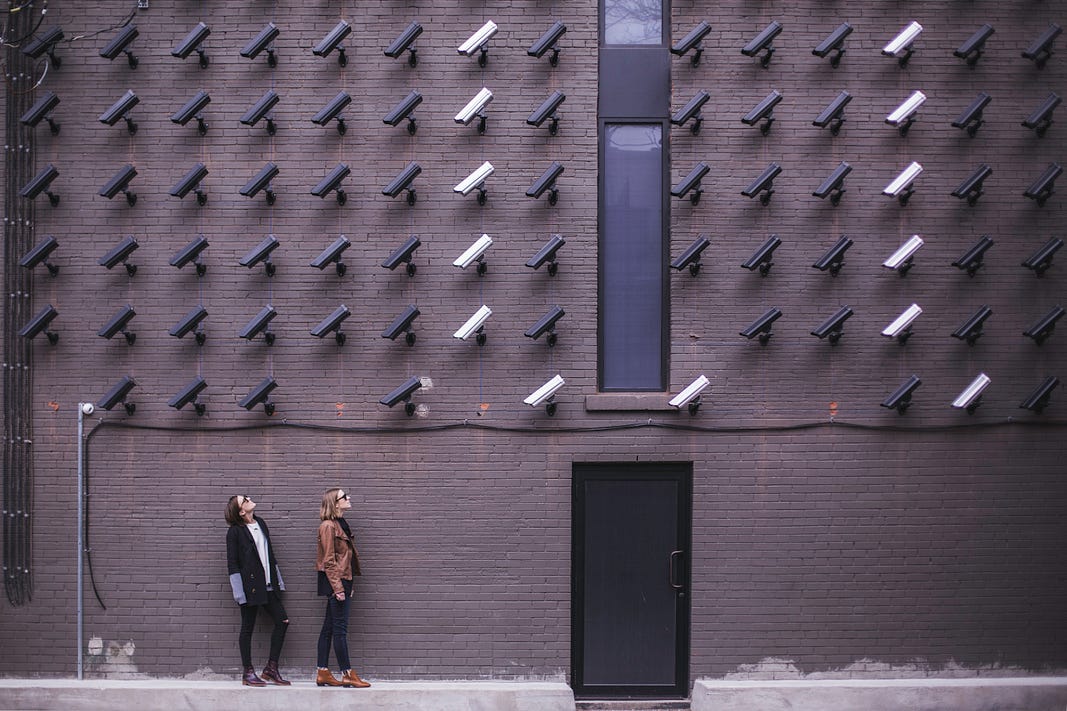 Photo by
Photo by 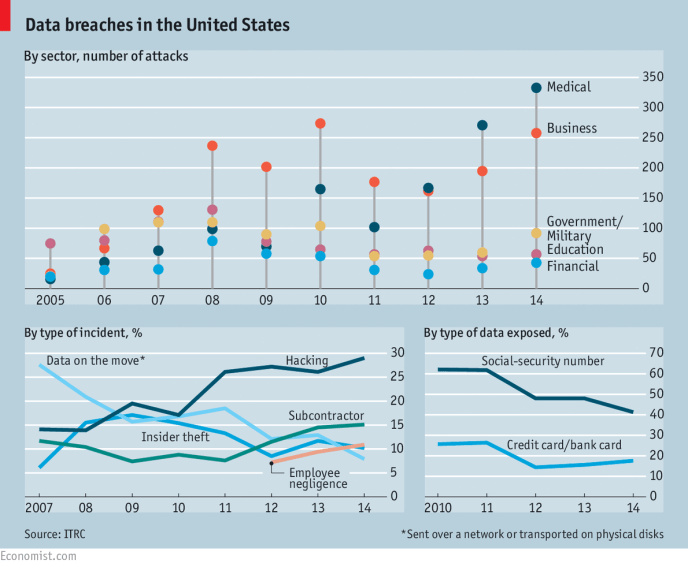
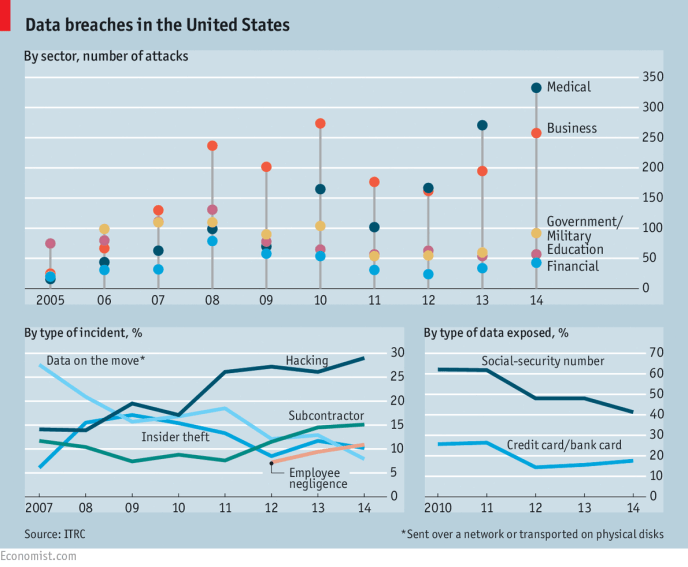
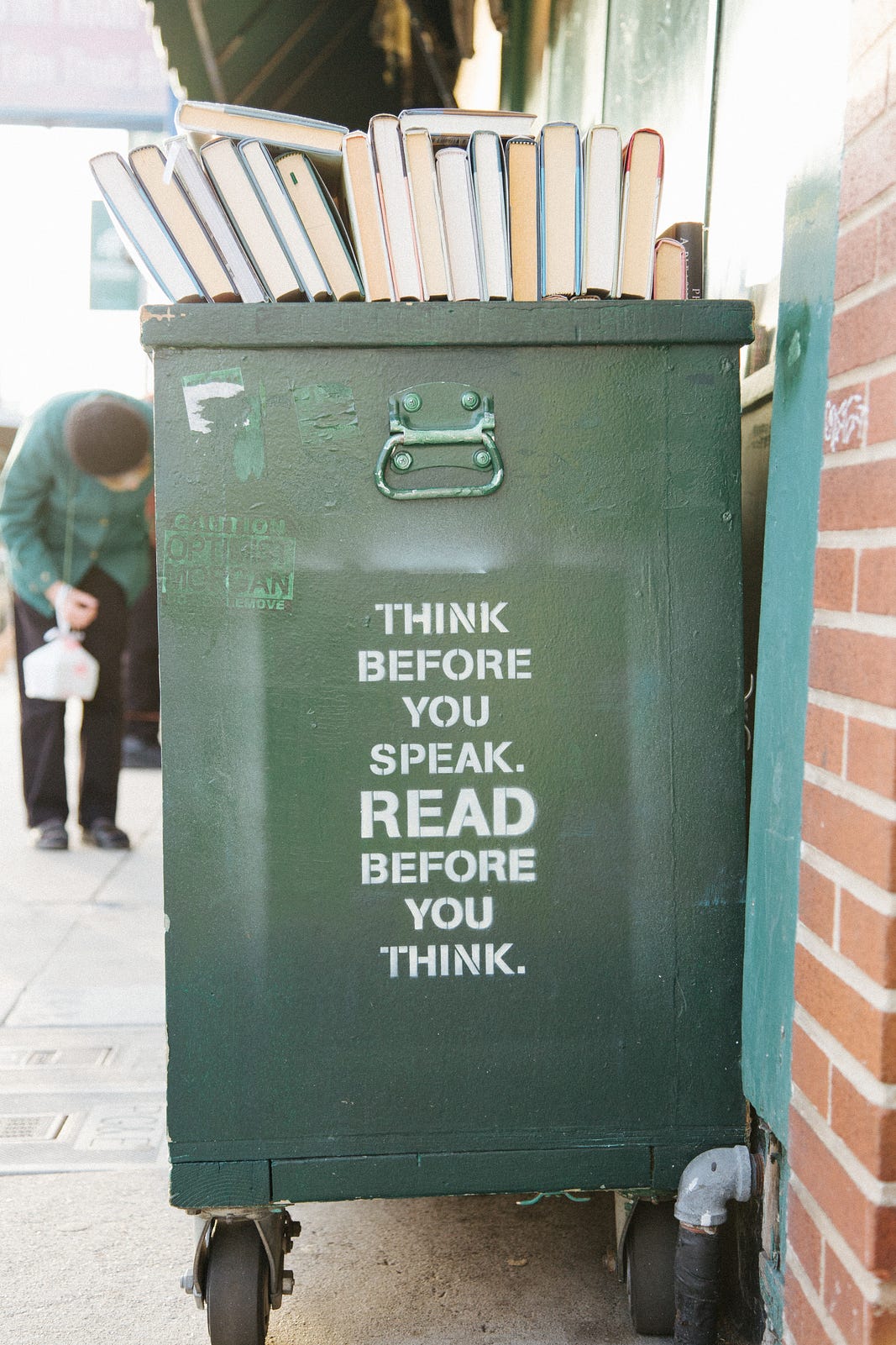 Photo by
Photo by 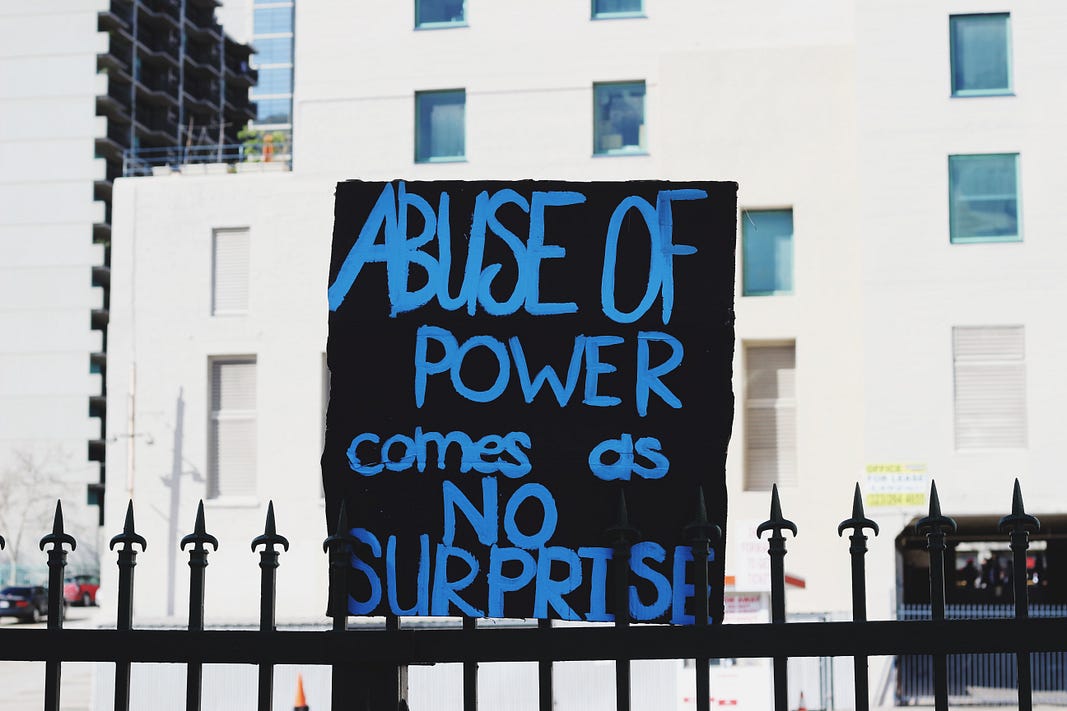 Photo by
Photo by